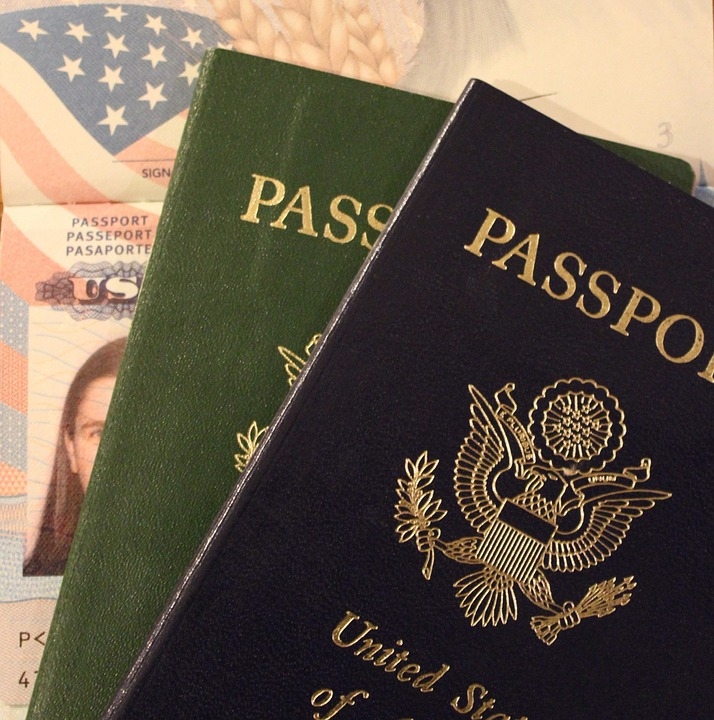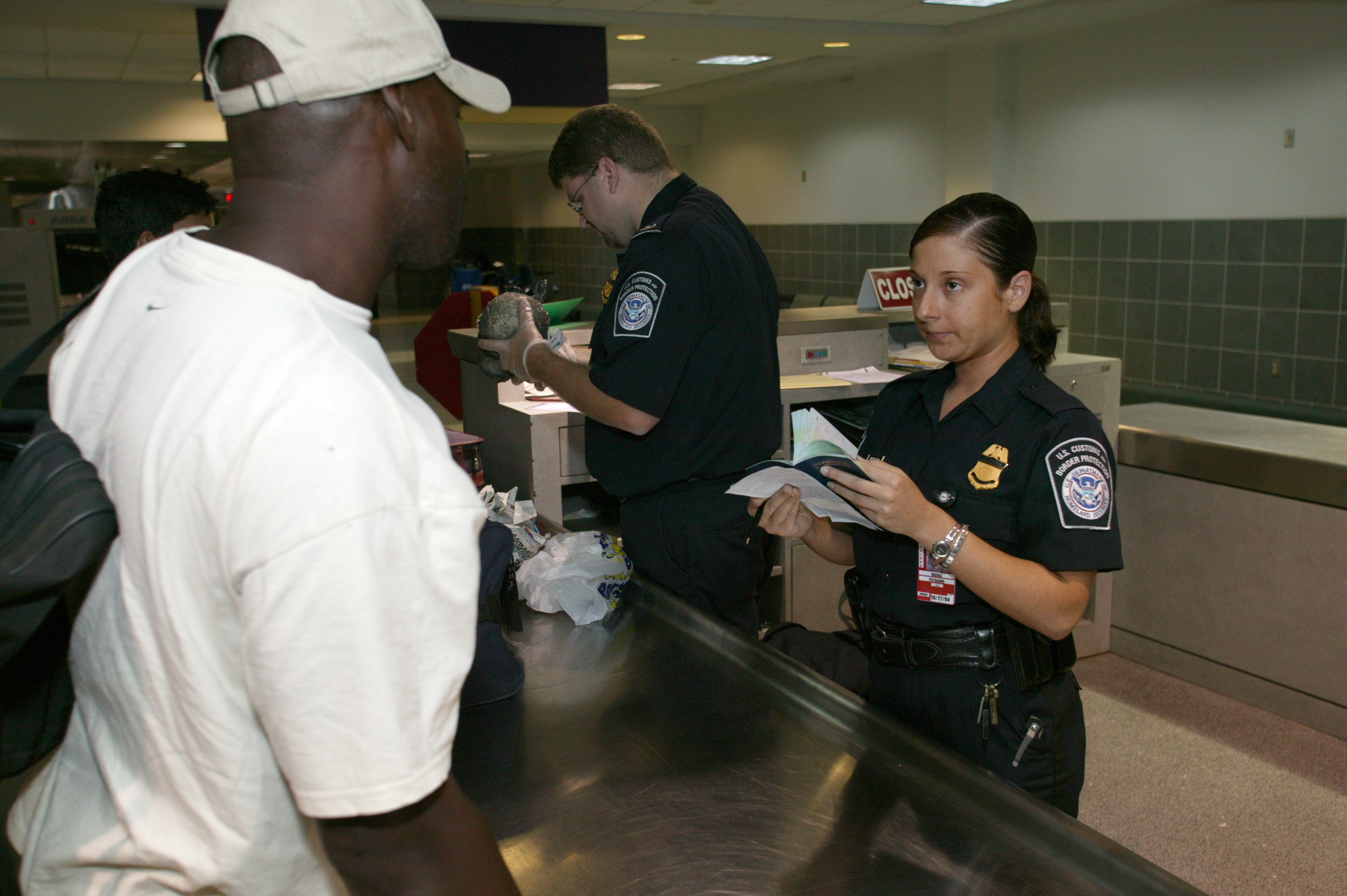The New U.S. Visa Waiver Program: A Dual Nationality Crisis

As I was scrolling through my Facebook news feed, a headline struck me. It was the first case of the new U.S. Visa Waiver Program law I'd come across. BBC journalist Rana Rahimpour, born in Iran but who has lived her entire life in the UK, was denied access to her US-bound flight. Rahimpour, who holds both Iranian and British nationalities, was traveling to the United States with her British-born child to attend a family birthday party.
This case inspired me to look into similar Visa Waiver Program cases — and what it means for dual-nationality Europeans traveling to the U.S. What I found confirmed my worst fears.
Last December, the U.S Congress passed a bill called the ‘Visa Waiver Program Improvement and Terrorist Travel Prevention Act of 2015’. The bill was signed by President Obama and has been in force since January. The law is basically a revision – or "improvement" as it has been called — of the U.S Visa Waiver Program. The program enables citizens of 38 countries, mostly in Europe, to travel to the United States without a visa for a stay of up to 90 days. The program was implemented as a sign of good faith in the relations between the U.S and these countries.
The new law reneges on this program by making it much harder for any person of dual citizenship in one of the 38 countries —and Iran, Iraq, Sudan and Syria — to travel to the United States. The law also states that anyone who has traveled to any of those four countries in the last five years and wishes to travel to the U.S will face the same obstacle. By obstacle, I mean that they will not be able to just travel to the U.S; they will have to apply for a visa, and go through extensive screening, background checks, and one-on-one interviews. And even after that, they might not obtain clearance to enter the United States.
Image Credit: Wikimedia Commons
U.S. lawmakers who supported the bill claim it prevent terrorists from entering the U.S and committing attacks such as 9/11 or the Paris attacks in November. It is also reasonable to assume that the California San Bernardino shooting was another trigger for the law. One of the terrorists, a Pakistani woman, had entered the United States on a fiancée visa. It is true that most terrorists behind the Paris attacks were European citizens who had been radicalized in Syria before coming to Paris. However, as critics of the new Visa Waiver Program have argued, that does not mean that all dual citizens are a risk. Moreover, I think it is evident that a real terrorist would try to pass himself or herself off as Turkish or Moroccan, for example, rather than with use a Syrian or Iranian passport.
Since this new law has been enforced by the Department of Homeland Security, many dual nationals -- like Rana Rahimpour -- have been denied access to the “land of the free”. This has sparked widespread outrage about the new law. In many (if not most) cases, the people being denied are European citizens who have grown up and live in Europe, but who also hold Iranian, Iraqi, Sudanese, or Syrian nationality. This could be either because they were born there, or because of their cultural heritage.
What happened to Rana Rahimpour and so many other people are examples of why this bill is wrong. It is disrupting the lives of families solely based on nationality or cultural heritage, both of which one cannot change. Also, there is a fee to apply for the visa —money that some families do not have. On top of that, if people get denied access, that means that they will never be able to visit the United States, causing serious economic problems for people who travel there on business. Many citizens of any of the four targeted countries have expressed feelings of exclusion, unjust treatment, and despair. Iran has fought back, arguing that it goes against the recent deal between Iran and the West to lift economic sanctions as it disrupts their economy (it goes without saying that businessmen and diplomats will probably prefer to be able to travel to the United States rather than to Iran).
Image Credit: Wikipedia
Facing a backlash, the Congress has indicated that exceptions will be made on a case-by-case basis for journalists, humanitarian workers, diplomatic officials and legitimate business men/women. Still, we are still not sure how this will be implemented. Even if all of the above who have been to Iran, Iraq, Sudan or Syrian in the past five years are granted access to the U.S., what about people in these professions with dual citizenship? Will Iranian journalists be able to travel to the U.S? Despite these exceptions, the law's main effect is to discriminate and deprive people of pride in their cultural heritage. The land that prides itself on diversity and the American dream is starting to behave a lot more like the Third Reich.









